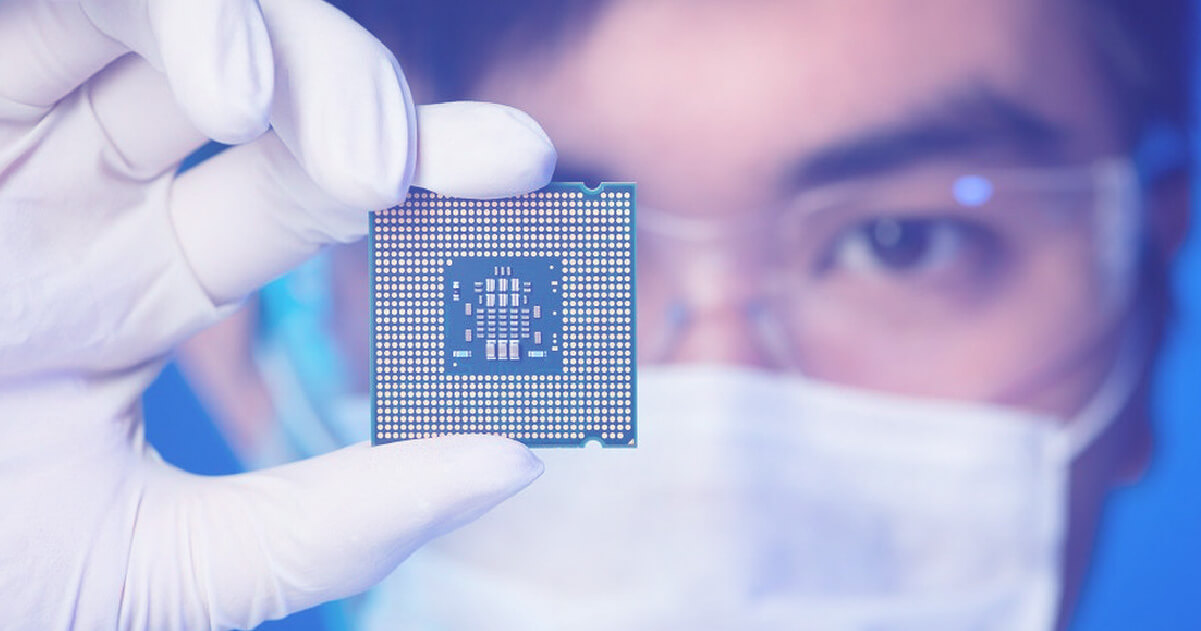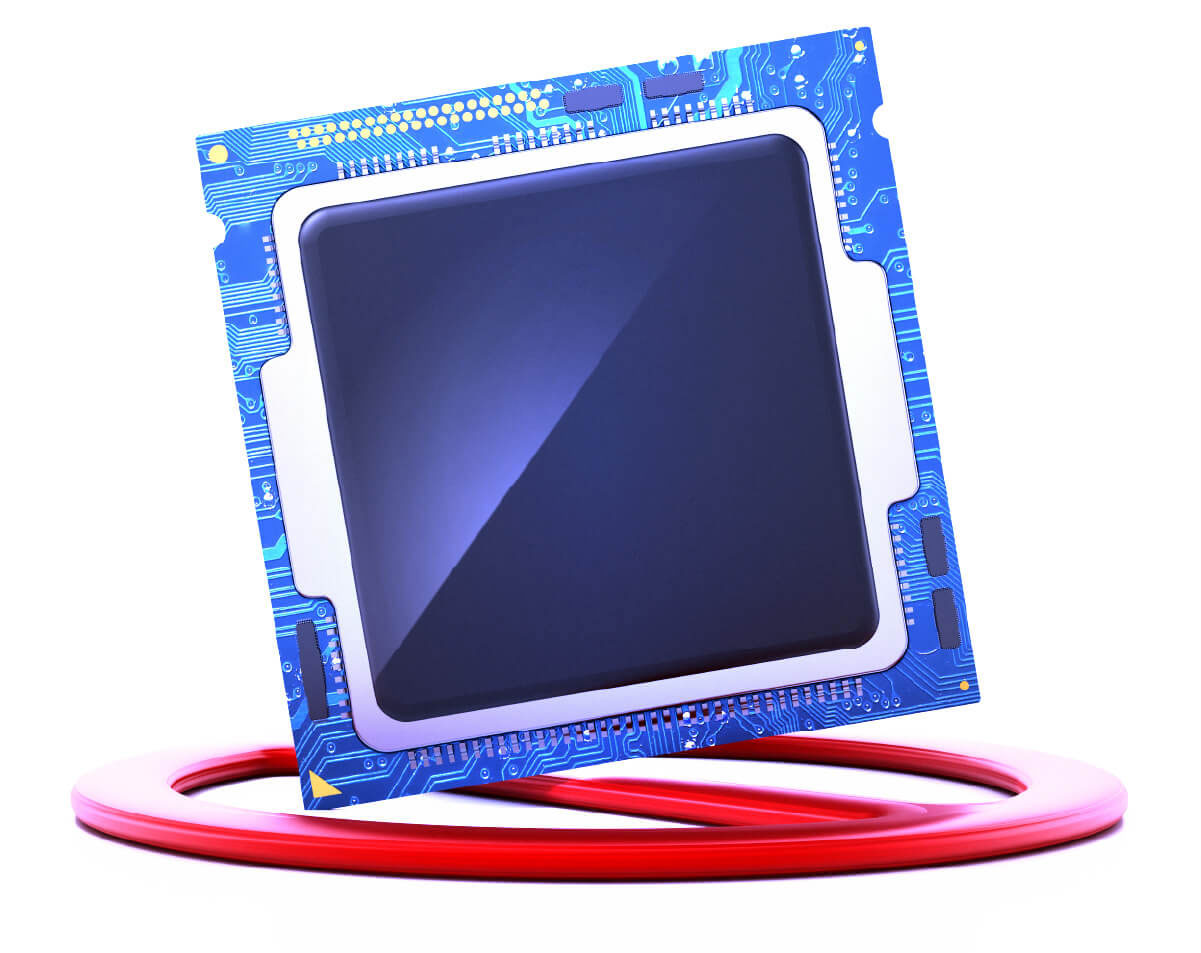
Semiconductor authenticity remains mission critical during chip shortage
Much has been written lately about the effect of the semiconductor shortage on automotive manufacturers. While the auto industry is certainly bearing the brunt of this dip in chip production, many other industries are affected. From multi-billion-dollar manufacturers of power tools to electronic dog-washing booths, many are among the thousands of businesses both large and small, that purchase semiconductors from distribution channels rather than directly from the manufacturer. If you’re like the majority, you don’t have the purchasing clout of a $100 billion company. What are you to do?
Crush production or buy from unknown distributors: fraudsters bank on the latter.
Since your business wants to continue driving revenue growth, you are often forced to look elsewhere when normal electronic component distributors run out of a critical part. If you’re lucky, you may be able to find a “drop in” substitute component. This means a component that meets all functional requirements and fits into the existing product with minimal or (highly preferable) no changes to the design. Often though this simply doesn’t happen. And complicating matters, if you’re an engineer or work closely with one, they can be very particular about the efficacy and reliability of substitute components. Engineers hate risk.
Antacids anyone?
Faced with no alternative, some companies may decide to engage with a type of distributor that specializes in locating and sourcing hard-to-find components. This brings a new set of risks, since companies that pursue these alternative sources must take extreme caution to ensure they do not inadvertently purchase counterfeit chips!
While counterfeit semiconductors are nothing new, there has been a recent increase in gray market chips created by supply chain shortages. Counterfeit chips may appear to be legitimate, and may even pass initial acceptance testing, but most will likely fail at some point. Sometimes catastrophically! This can obviously result in serious trouble for manufacturers that unknowingly use bad chips in their products.
What sounds too good to be true, IS too good to be true.
It’s easy to justify a tempting offer from an unknown source when production is at stake. Due diligence in selecting an alternative source of semiconductors therefore becomes vitally important. After all, fraudsters can be sneaky – they don’t want their counterfeit components to fail immediately. They want them to work properly when you install them in your product, and even after you’ve tested them for proper functionality. And oftentimes, they will work until something causes them to fail. Maybe from overheating or an internal breakdown. In the meantime, the counterfeiters hope you’ll buy more.
When there’s a dip in chips, counterfeiters could be crippling your business.
The risk of using counterfeit chips should not be underestimated. Unknowingly, the repercussions could harm not just your company, but the public at large. Imagine a healthcare professional using a life-saving device that contains a counterfeit chip that could malfunction at any time. This is only one example of many that can cause harm in a safety-related business, making verification of your semiconductor purchase consequential.
There are 2 “musts” you need to adhere to in these situations.
- Review thoroughly any new source of chips you are considering. Make sure they have samples to test and budget time to do the proper functionality and durability testing that needs to be done. This should be completed by your best engineer.
- Make sure your distributor has the proper processes in place to screen for potential counterfeit parts.
Until you get wise, counterfeit parts will continue to rise.
A well-established distributor of hard-to-find components will have processes in place to ensure that any components they locate anywhere in the world can be properly authenticated. They will have access to a network of qualified partners that have the necessary test equipment and know-how to screen for potential counterfeit chips. While this can mean significant additional costs for the affected manufacturer, their only alternative might be for them to stop producing the affected products until the shortage ends.
The semiconductor industry is busily engaged in increasing its manufacturing capacity. While it may be tempting to succumb to malicious counterfeiters, having full visibility into the integrity of your semiconductor components remains mission critical!
Chips Are The New Oil
Get the latest news, updates, and exclusive insights from Vistex delivered straight to your inbox. Don’t miss out—opt in now and be the first to know!

